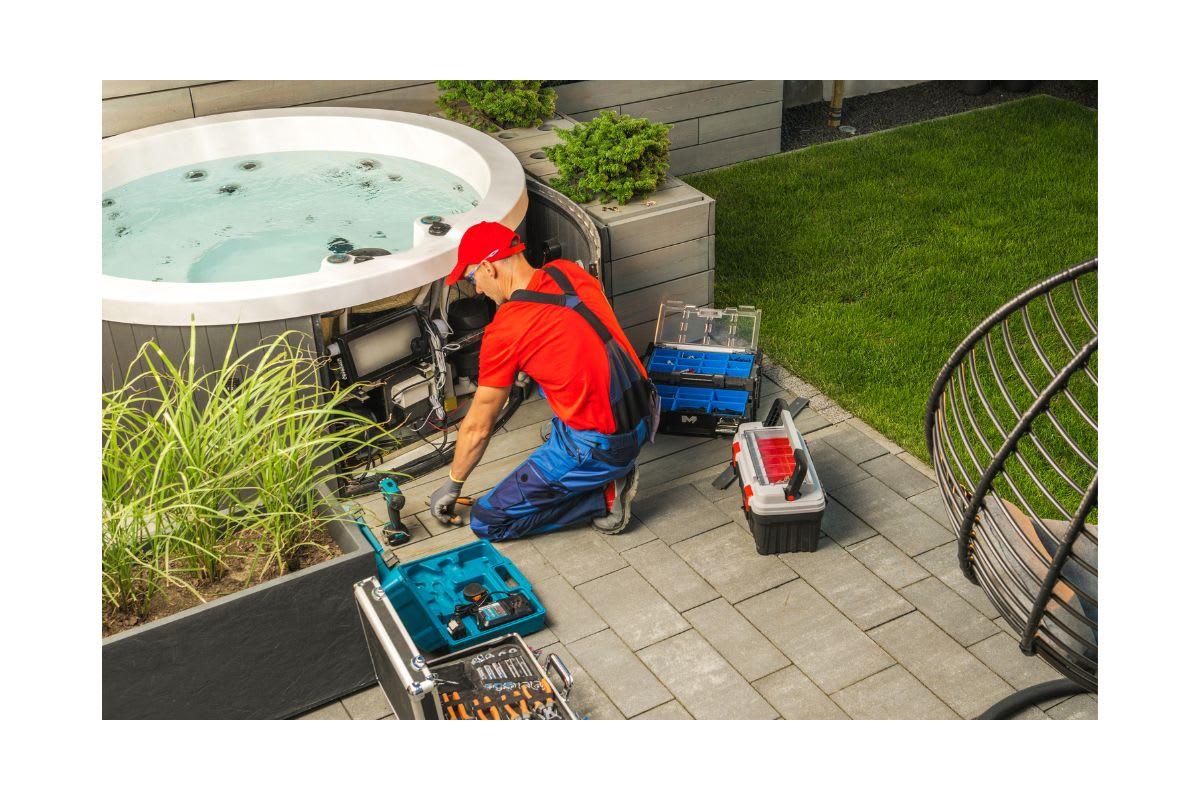Expert Tips for Maintaining Clean and Clear Jacuzzi Water

One of the keys to enjoying your Jacuzzi is consistently having clean, clear, and balanced water. Proper water maintenance ensures a safe and pleasant spa repair experience, prevents equipment damage, and prolongs the life of your Jacuzzi.
This comprehensive guide covers essential tips to maintain sparkling water, including chemical balancing, filtration, sanitation, and routine care.
Why Maintaining Clean Jacuzzi Water Is Crucial
Clean water keeps your Jacuzzi safe from harmful bacteria, algae, and unpleasant odors. It also protects your spa’s mechanical components from damage caused by scale buildup, corrosion, or debris. Poor water quality can lead to skin irritation and equipment failure, so diligent care is a must.
Understanding the Basics of Jacuzzi Water Chemistry
Proper water chemistry revolves around balancing key factors:
-
pH Level: Ideal pH is between 7.2 and 7.8. Low pH causes corrosion; high pH leads to scale buildup and cloudy water.
-
Total Alkalinity (TA): Acts as a buffer to stabilize pH. Recommended range is 80-120 ppm.
-
Sanitizer Levels: Chlorine or bromine levels must be maintained to kill bacteria. Chlorine ideal range: 1-3 ppm; bromine: 3-5 ppm.
-
Calcium Hardness: Prevents water from becoming corrosive or scaling. Ideal range: 150-250 ppm.
-
Cyanuric Acid (Stabilizer): Protects chlorine from sunlight degradation; used mainly in outdoor spas.
Testing kits and digital testers help monitor these levels regularly.
Essential Steps to Maintain Clean Jacuzzi Water
1. Test Water Regularly
Check water chemistry at least 2–3 times a week during heavy use and weekly otherwise. Adjust chemicals as needed.
2. Use the Right Sanitizers
Choose chlorine or bromine products specifically designed for spas. Follow manufacturer dosing instructions carefully.
3. Shock the Water Weekly
Shocking involves adding a high dose of sanitizer to oxidize contaminants. This keeps water fresh and clear.
4. Maintain Proper Filtration
Run your spa’s filtration system daily for 6-8 hours. Clean or replace filters monthly or as needed.
5. Clean the Spa Shell
Regularly wipe down the Jacuzzi interior to prevent buildup of oils and dirt.
6. Drain and Refill Periodically
Completely change the water every 3–4 months, or sooner with heavy usage, to maintain water quality.
Additional Tips for Optimal Water Clarity
-
Use Enzyme Cleaners: These break down organic contaminants and reduce scum lines.
-
Avoid Overuse of Chemicals: Excess chemicals can cause foaming or irritation.
-
Keep the Cover Clean: A dirty cover can introduce contaminants.
-
Rinse Bathers Before Use: Reduces oils, lotions, and dirt entering the water.
Troubleshooting Common Jacuzzi Water Problems
Cloudy Water
Caused by improper chemical balance, dirty filters, or high calcium levels. Remedy by balancing chemicals, cleaning filters, and shocking.
Foul Odors
Typically from bacteria buildup due to low sanitizer levels. Increase sanitizer and shock the water.
Foam Formation
Often due to lotions, soaps, or excess chemicals. Drain water partially, clean filters, and reduce chemical use.
Algae Growth
Rare in heated spas but possible with low sanitizer and poor circulation. Shock water and scrub surfaces.
How Water Quality Affects Your Jacuzzi Equipment
Balanced water prevents scale buildup on heaters and jets, which can reduce efficiency and cause failure. It also protects pump seals and plumbing from corrosion and leaks.
Conclusion
Maintaining clean, clear Jacuzzi water requires regular testing, proper chemical balance, filtration, and routine care. Following these expert tips ensures a healthy spa environment, protects your equipment, and maximizes your enjoyment. Consistency is key — stay proactive to enjoy your Jacuzzi all year round.
FAQs
1. How often should I test Jacuzzi water?
At least 2–3 times per week during heavy use.
2. Can I use pool chemicals in my Jacuzzi?
No, spa-specific chemicals are formulated for smaller volumes and higher temperatures.
3. How do I know if my sanitizer level is too high?
Strong chlorine smell, skin irritation, or foaming may indicate high sanitizer levels.
- Art
- Causes
- Crafts
- Dance
- Drinks
- Film
- Fitness
- Food
- Giochi
- Gardening
- Health
- Home
- Literature
- Music
- Networking
- Altre informazioni
- Party
- Religion
- Shopping
- Sports
- Theater
- Wellness


